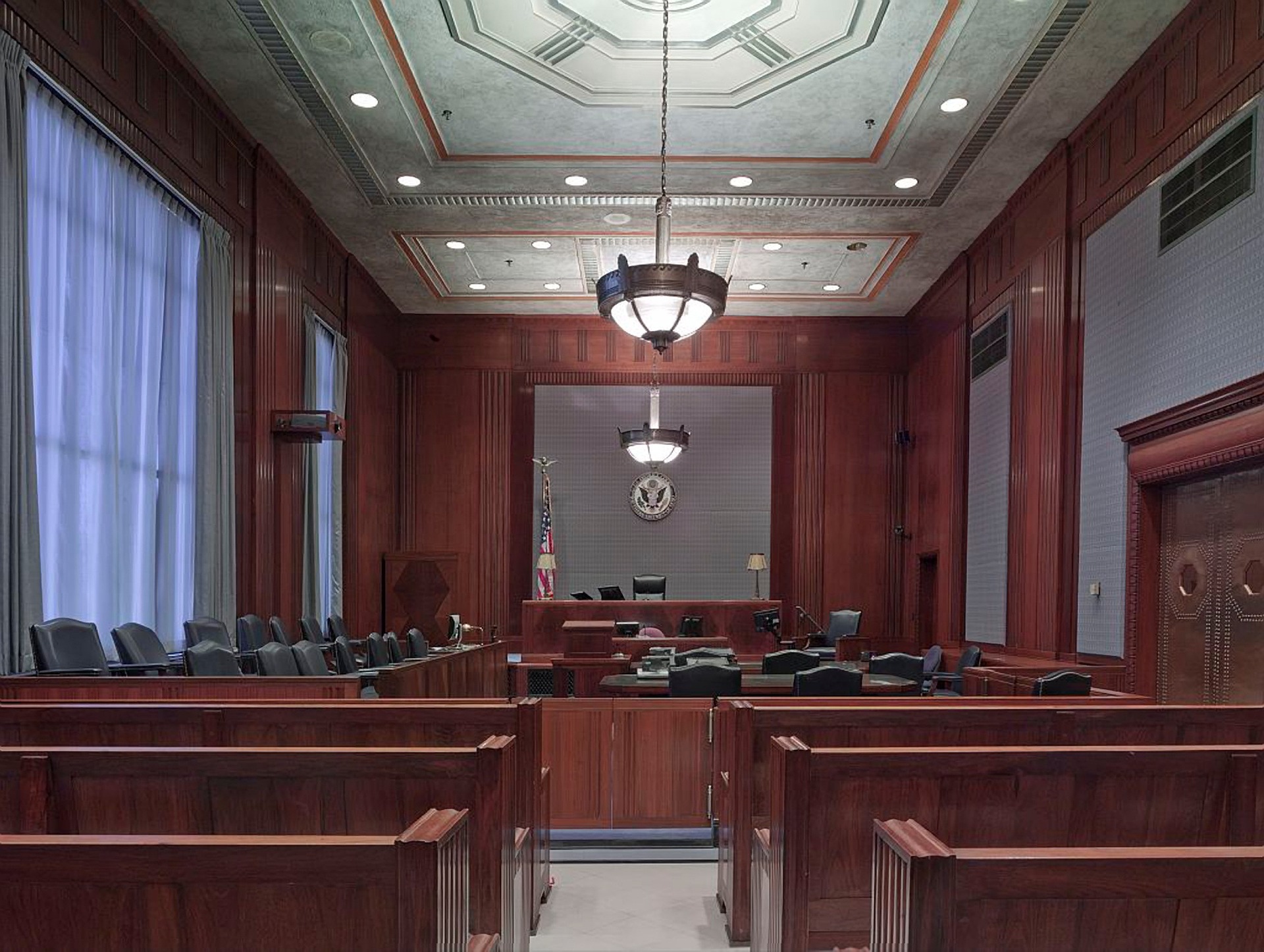Re-evaluating the Role of Judicial Review in Modern Democracy
In an era where democratic principles are increasingly under scrutiny, the role of judicial review remains a subject of intense debate. This article delves into the historical context, recent developments, and societal implications of this pivotal legal mechanism.

The Birth and Evolution of Judicial Review
The concept of judicial review can be traced back to the late 18th century, with the landmark case Marbury v. Madison. Here, the U.S Supreme Court asserted its power to invalidate laws deemed unconstitutional, establishing judicial review as a cornerstone of constitutional law. Over the centuries, this doctrine has evolved and adapted to the changing societal and political landscape.
The Contemporary Relevance of Judicial Review
In the 21st century, the relevance of judicial review has been magnified by complex legal and political scenarios. In recent years, courts worldwide have been called upon to adjudicate on matters such as climate change, human rights, and executive overreach. These cases underscore the contemporary function of judicial review as a safeguard for fundamental rights and a check on governmental power.
Judicial Review: A Double-Edged Sword?
However, judicial review is not without its critics. Detractors argue that it allows unelected judges to overrule democratically elected governments, thereby undermining the very democratic principles it seeks to protect. On the other hand, proponents contend that judicial review is essential for upholding constitutional values and protecting minority rights.
The Impact and Implications of Judicial Review
The societal implications of judicial review are profound. By ensuring the constitutionality of laws, it maintains a balance between the branches of government, ensuring no entity becomes too powerful. Furthermore, it plays a pivotal role in safeguarding individual rights, often serving as the last line of defense against governmental overreach.
A Future Perspective on Judicial Review
As we move into an increasingly uncertain future, the role and relevance of judicial review will undoubtedly continue to evolve. As it does, it is paramount that we strive to strike a balance between preserving democratic accountability and upholding constitutional principles. Only then can judicial review continue to serve its dual function as a guardian of the constitution and a bulwark of democracy.
In conclusion, judicial review remains a critical component of modern democratic governance. Its historical background, recent developments, and societal implications merit continued discussion and analysis. Despite its controversies, it serves a vital role in our legal system and will continue to shape our society for the foreseeable future.




